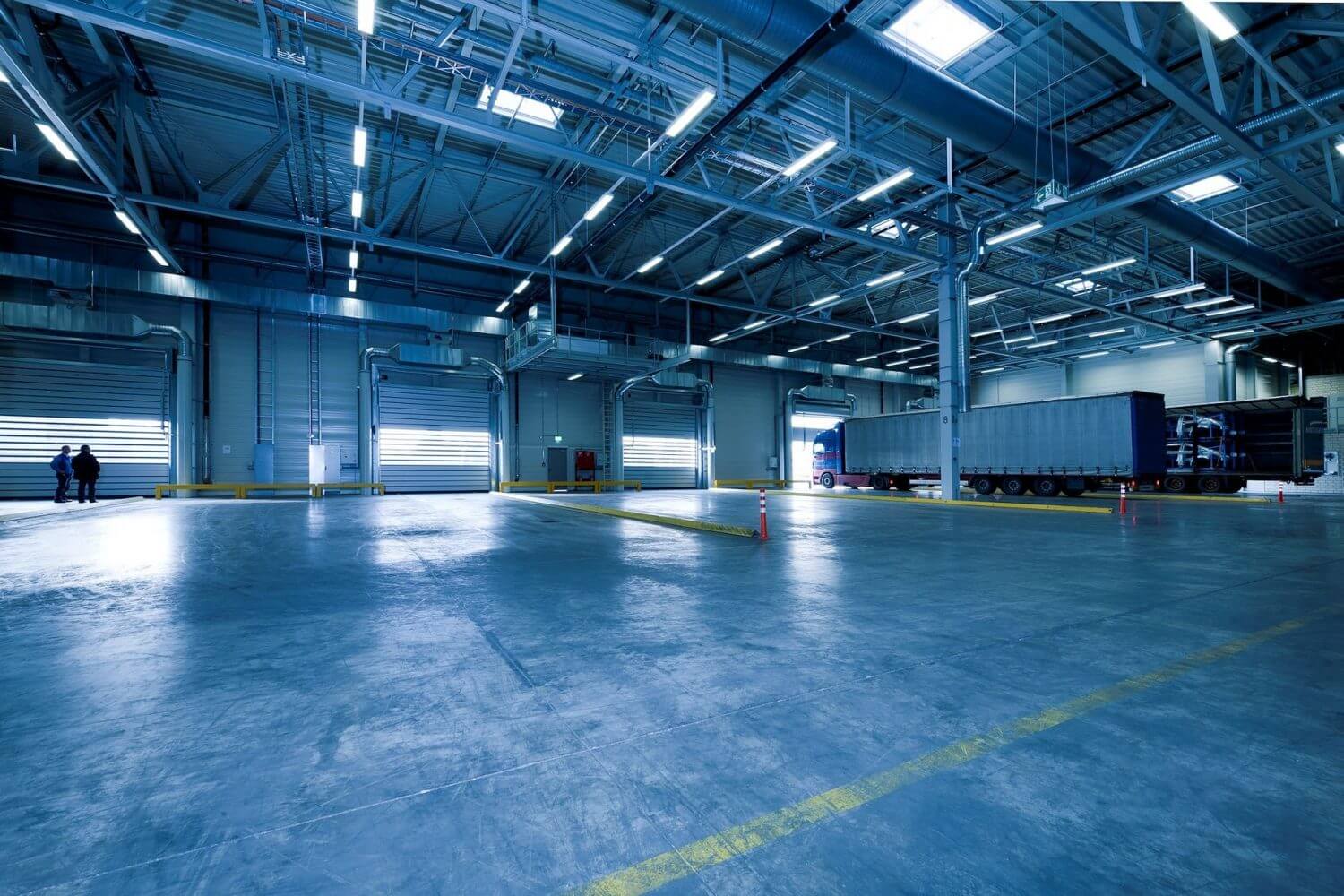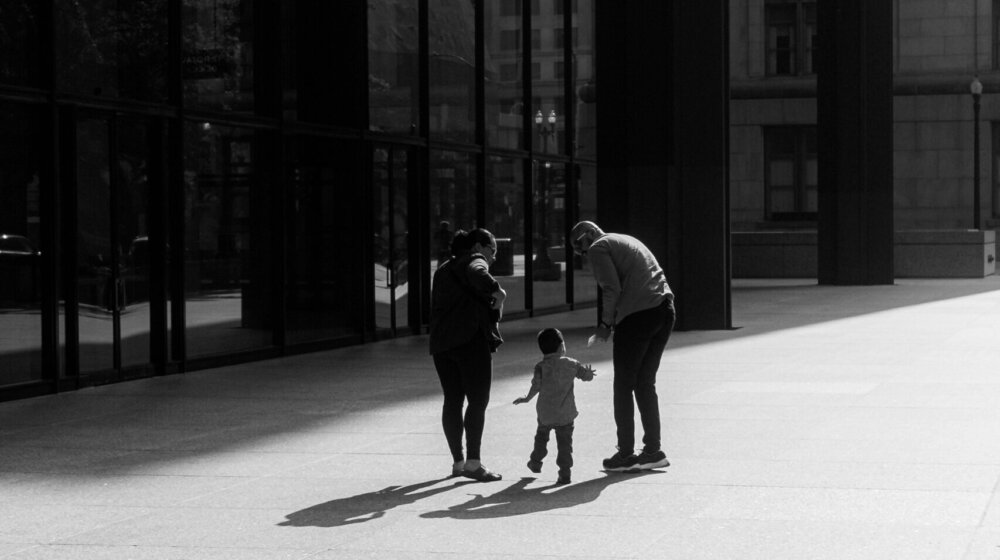
No change in VAT rules for dilapidation payments – but be careful
HMRC has always treated dilapidation payments as compensation from a tenant to the landlord, for not returning the property in the condition it should be, according to the lease agreement being terminated. Importantly, these compensation payments were not subject to VAT.
In September 2020, HMRC stated it was considering this long-held view, with a mind to combine dilapidation payments and termination payments, to make them likely to be subject to VAT.
The intention to make this new approach retrospective caused a huge degree of concern within the sector, with HMRC indicating it would expect taxpayers to review any such transactions in the previous four years and rectify these so-called ‘errors’.
However, following much debate and pressure from the sector, HMRC agreed to once again review its position. It confirmed that until a decision was made, taxpayers could continue to regard these payments as compensation and therefore not subject to VAT.
Now, HMRC has provided new guidance that will apply from 1 April 2022, on its interpretation of the VAT rules around termination of contracts and dilapidation payments in particular.
What’s in the new guidance?
HMRC has now published its updated guidance, Revenue and Customs Brief 2 (2022), which centres on how VAT is treated in respect of early termination payments and compensation (dilapidation) payments.
HMRC is trying to distinguish between payments made to exit a contract early, which it regards as part of the contract and subject to VAT (if VAT was paid on the rent) and compensation payments made in lieu of repairing the property on exit.
Acknowledging dilapidation payments as a tricky issue, HMRC recognises that dilapidation payments are designed to ensure landlords do not suffer financially, if their property is not returned at the end of a lease, in the condition agreed when the lease was signed.
Showing once again HMRC is prepared to listen to the sector’s views, its general position now is to treat dilapidation payments as unrelated to the supply of a lease and therefore such payments should not be subject to VAT.
However, this is not a strict rule and the unique position each landlord or tenant finds themself in, will require specialist advice on the VAT implications when the lease is being drafted and when it comes to its termination.
There is a warning that HMRC is expected to be paying close attention to those instances when it feels there is an imbalance between the rent payments and expected dilapidation payments.
How to treat dilapidation payments in future
Good sense dictates that landlords and tenants maintain accurate and detailed records of what is included within the dilapidation payments and how the figure was calculated, excluding any other payments, such as a surrender premium. It will also be important to describe compensation or damage payments appropriately, to ensure they are treated correctly for VAT.
If you the issue of dilapidations impacts your businesses, either as landlord or tenant and you would welcome a conversation with an experienced property lawyer, please get in touch with James Khakpour-Smith, a partner in the Commercial Real Estate team here at Taylor Walton. He can be contacted on 01727 845245 or via email james.khakpour-smith@taylorwalton.co.uk.
Disclaimer: General Information Provided Only
Please note that the contents of this article are intended solely for general information purposes and should not be considered as legal advice. We cannot be held responsible for any loss resulting from actions or inactions taken based on this article.
Insights
Latest Insights



Request a call back
We’ll arrange a no-obligation call back at a time to suit you.

